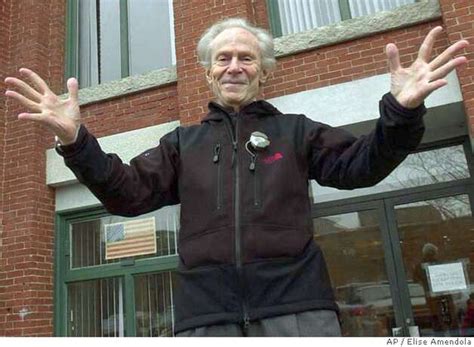A Quote by Ginni Rometty
This idea of 'New Collar' says for the jobs of the future here, there are many in technology that can be done without a four-year college degree and, therefore, 'New Collar' not 'Blue Collar,' 'White Collar.' It's 'New Collar.'
Related Quotes
The job market of the future will consist of those jobs that robots cannot perform. Our blue-collar work is pattern recognition, making sense of what you see. Gardeners will still have jobs because every garden is different. The same goes for construction workers. The losers are white-collar workers, low-level accountants, brokers, and agents.
I have a responsibility to the worker, both blue-collar and white-collar. I have an equal responsibility to the community. It would have been unconscionable to put 3,000 people on the streets and deliver a deathblow to the cities of Lawrence and Methuen. Maybe on paper our company is worthless to Wall Street, but I can tell you it's worth more.

































